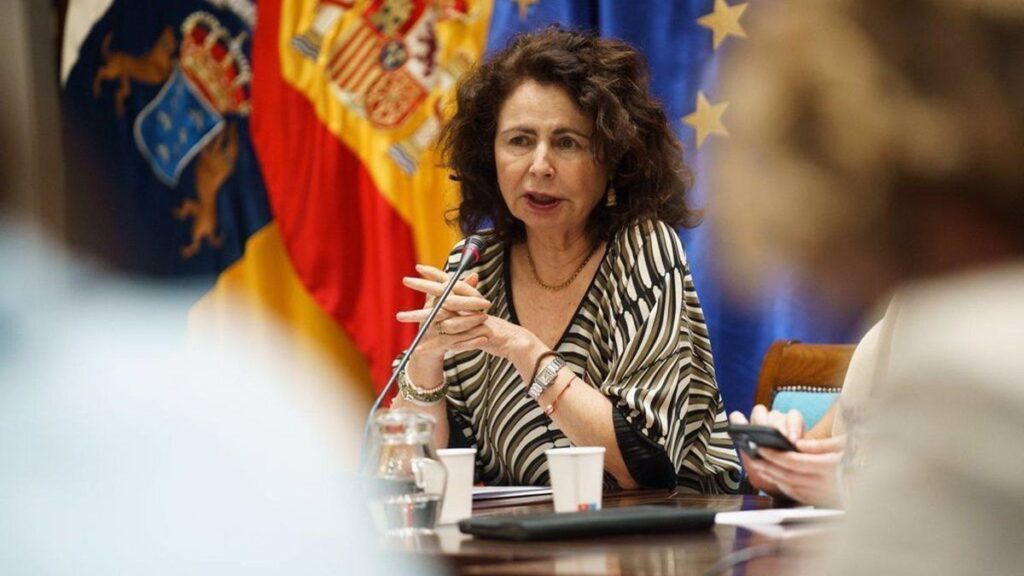Canary Islands debates tourist tax implementation
The Canary Islands government is grappling with proposals for a tourist tax as officials seek ways to better distribute tourism wealth among local residents. Matilde Asián, Minister of Budgets and Finance, has outlined the challenges and alternatives to implementing such a measure in the popular Atlantic archipelago.
Minister supports tourist tax with conditions
Speaking this Friday, Minister Asián defended the possibility of applying a tax on tourist overnight stays, but only if a formula could be found to exclude Canary Islands residents from paying it. However, she expressed skepticism about finding such a solution, stating “it is not possible” to implement the tax without affecting local residents, which would be “very unfair” in her view.
The discussion arose as a response to PSOE deputy Manuel Hernández Cerezo, who has demanded the implementation of this “tourist tax” in parliamentary committee as one of the measures for redistributing wealth generated by the islands’ thriving tourism industry.
Regional leadership opposes additional tourism taxation
The Minister referenced the position of Canary Islands President Fernando Clavijo, who opposes the tourist tax. Instead, Clavijo suggests that tourism should be taxed more through the IGIC (General Indirect Canary Tax), which would benefit regional, island, and local administrations across the archipelago.
Tourism drives economic growth but benefits remain uneven
Minister Asián acknowledged that Spain’s GDP is growing faster than other European countries, with the Canary Islands outpacing the rest of Spain – all thanks to tourism. However, she noted that this growth “is not perceived by the citizens as an increase in their wellbeing,” highlighting the disconnect between economic statistics and residents’ daily experiences.
For travelers considering the Canary Islands, this economic vitality translates into continued investment in tourism infrastructure and services, though local discussions about wealth distribution reflect the islands’ efforts to balance tourism success with community benefits.
Alternative approaches to wealth redistribution
The Minister considers it legitimate to seek better distribution of tourism wealth and believes raising wages is the optimal solution. She expressed confidence that an agreement would be reached in the sector in Santa Cruz de Tenerife, following similar success in Las Palmas.
Another alternative Asián proposed involves charging fees for access to natural areas. She encouraged local councils and town councils to implement such measures, as has already been done in some locations throughout the islands. For visitors, this could mean modest fees at certain natural attractions, with proceeds supporting conservation efforts.
Opposition criticism and calls for action
Socialist deputy Manuel Hernández Cerezo criticized the government for not implementing any of his proposals for socially distributing tourism benefits. He also reproached officials for ignoring demands from the May 18 demonstrations aimed at improving living conditions and the tourism workers’ strike in Tenerife.
“The response to all of this has been inaction, or in any case, action for the usual people,” Hernández Cerezo stated. He argued that fees for accessing natural areas are used to improve these spaces rather than enhance people’s living conditions, calling for more direct measures to ensure tourism wealth benefits local communities.


